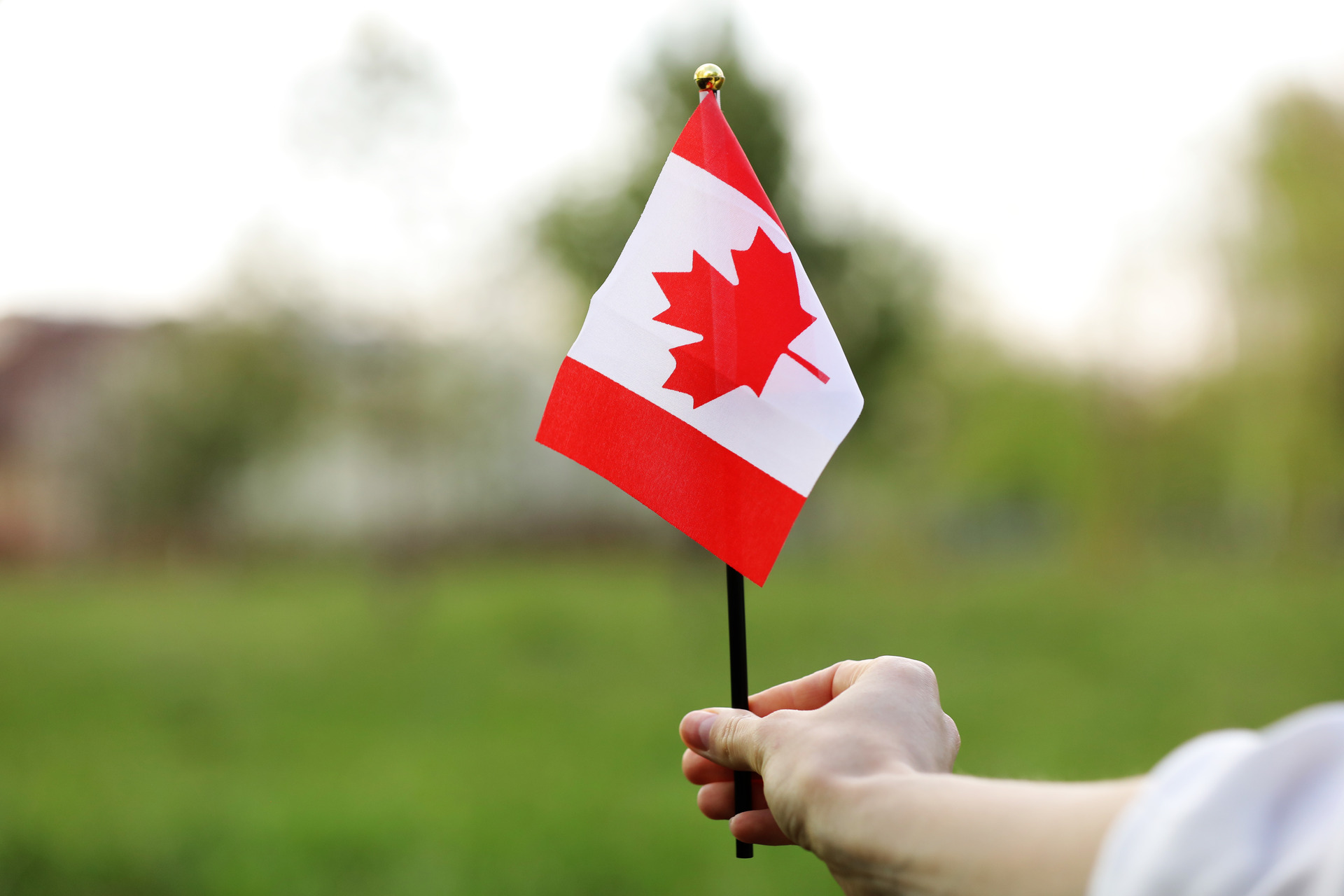
Yes, Canadian citizenship can be revoked in certain cases, but only under specific circumstances outlined in the law. Typically, revocation applies to naturalized citizens rather than those born in Canada and often involves issues like fraud, misrepresentation, or actions that violate national security laws, such as:
Facing citizenship revocation? Contact our qualified immigration lawyer in Toronto for personalized legal guidance. We’re here to protect your rights and help you deal with the process.
No, a Canadian-born citizen cannot lose their citizenship under normal circumstances. Citizenship by birth in Canada is protected and cannot be revoked, regardless of actions or decisions later in life. This protection ensures that Canadian-born individuals retain their citizenship rights for life, except if they voluntarily renounce it.

Revocation of Canadian citizenship is rare and applies primarily to naturalized citizens in specific situations. Below are the grounds for citizenship revocation, which often stem from violations during the citizenship application process or actions taken after acquiring citizenship:
Additional reading: benefits of Canadian citizenship
Don’t risk your status. Our immigration lawyer in Brampton is ready to assist with your citizenship revocation case.
Revoking Canadian citizenship involves a structured legal and administrative process that ensures fairness and due process. Below are the steps the government typically takes:
Need legal support for Canadian citizenship issues? Trust our immigration lawyer in Mississauga to provide professional advice and representation. Schedule a consultation with us now.
This notice indicates that Immigration, Refugees, and Citizenship Canada (IRCC) is considering revoking your citizenship, typically based on allegations of fraud, misrepresentation, or other legal concerns. Here’s what you should do:
Facing the potential loss of Canadian citizenship is a serious matter, but you don’t have to face it alone. Contact us for personalized legal support and advocacy. We’re here to protect your rights and help you achieve the greatest possible outcome.
Additional reading: Canada citizen vs permanent resident
Contact us today for personalized legal support. Whether you’ve received a notice of intent to revoke citizenship or need advice on your options, our proficient team is here to assist you every step of the way.
Don’t wait — reach out to Kingwell Immigration Law and let us help you safeguard your future.
No, living outside of Canada does not result in the loss of your citizenship. Canadian citizens, whether by birth or naturalization, retain their citizenship regardless of where they reside. However, maintaining ties with Canada may be important for certain legal or practical purposes.
Yes, Canadian citizenship can be passed down to your children if they are born outside Canada, but only if you were born in Canada or naturalized. Children of second-generation Canadians born abroad may not automatically acquire citizenship unless certain conditions are met.
Yes, naturalized Canadian citizens can be deported if their citizenship is revoked due to fraud, misrepresentation, or other legal violations. Once citizenship is revoked, they may revert to their previous immigration status, which could make them subject to removal orders.